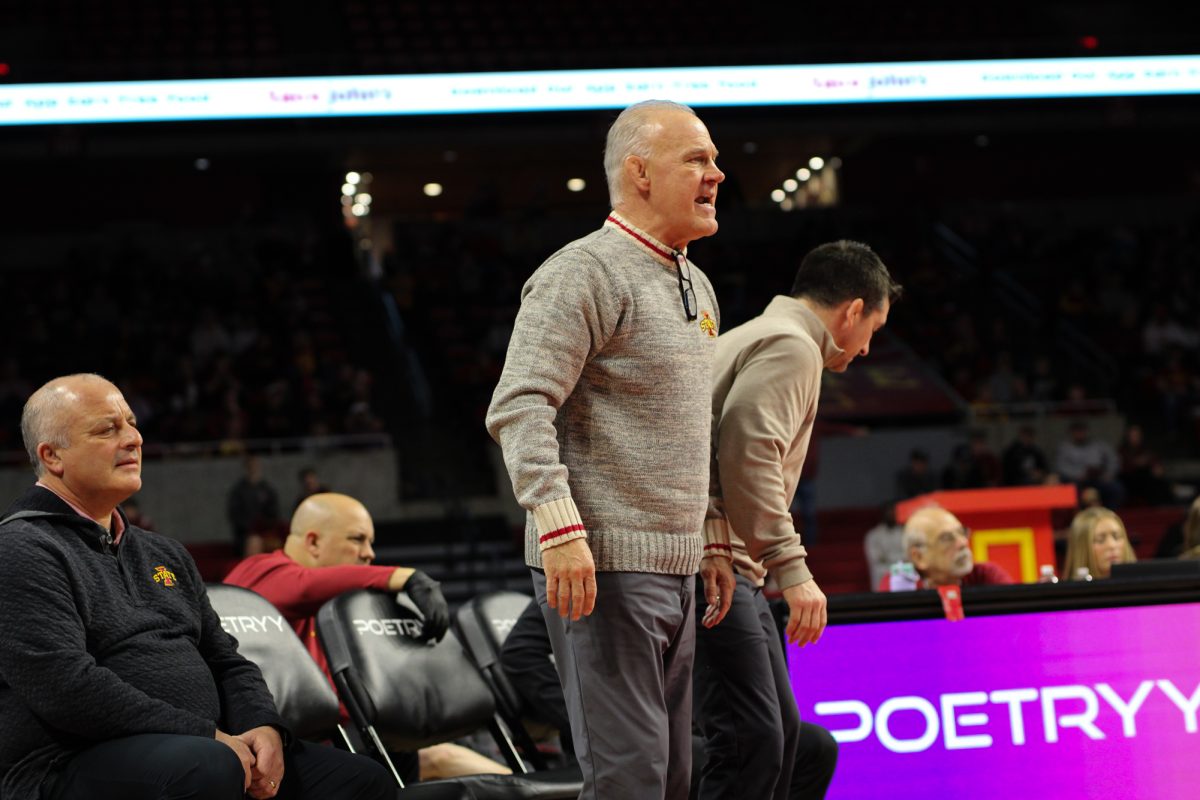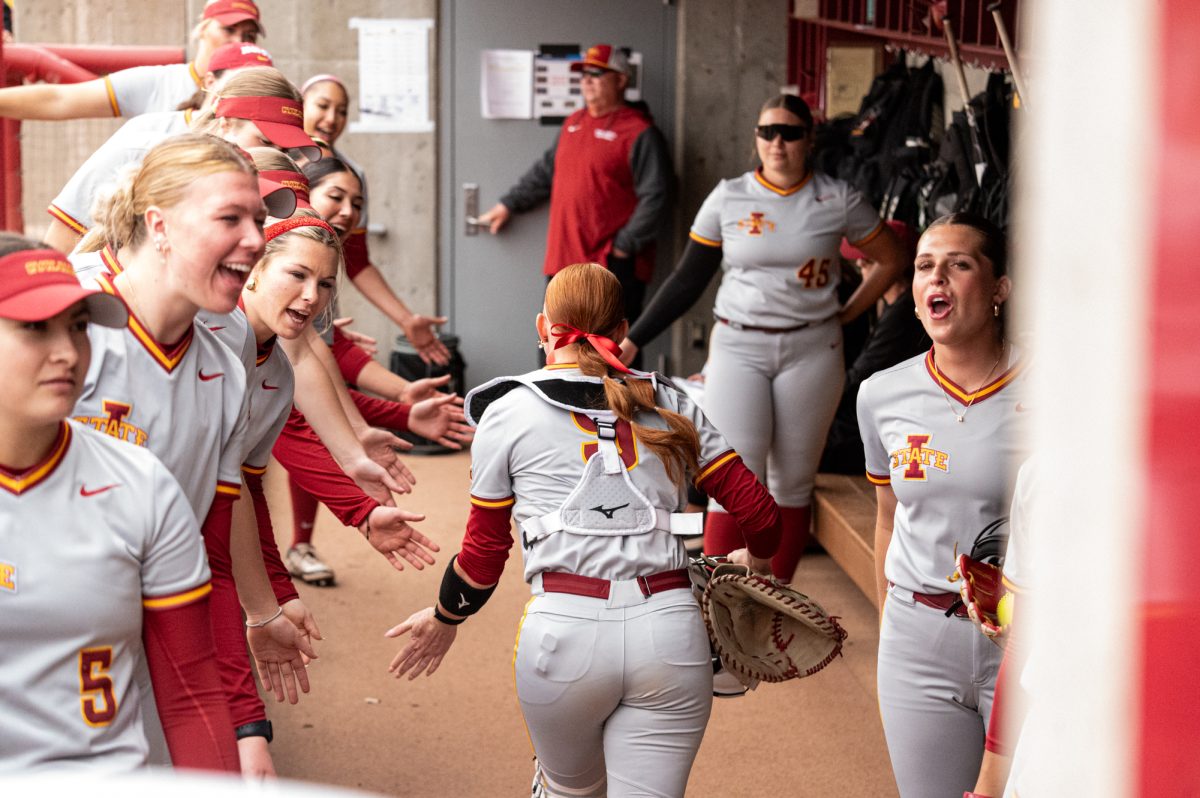Valentine’s Day is for more than couples
February 13, 1997
You can get just about anything at Sears, even a spouse. This was the case for an Iowa City couple.
After serving in World War II, Ralph Roberge applied for a job at Sears. The woman who handed him the application is now his wife of 50 years and a few months. That first meeting was in 1946.
Each holiday since then has been special to them in some way, especially Valentine’s Day.
But although Feb. 14 is known as a day for couples, many have made it a day generally for anyone with a friend, and a good one.
Although we may take our friendships for granted, we often show our appreciation for them in small ways, whether it be a by simple “thank you,” a hug or a letter.
Friendships canlast longer than serious relationships. Psychologists have said people with good friendships have greater self-esteem and live longer, healthier lives. Healthy friendships also help boost the immune system and confiding in friends eases stress.
Friends equal fun. Psychologists say people have more fun with friends than with their spouses. The qualities of friendship are just as important, if not more, than those of an intimate relationship.
The sign of a really good friend is when you haven’t seen him or her in a long time and you pick up right where you left off.
Experts say it takes an average of three years to make a friend. In reality, it could take no more than a few minutes of conversation.
But how these friendships are expressed depends on whether you’re a man or a woman.
Psychologists say men tend to engage in side-by-side activities, whereas women are more likely to engage in face-to-face activities.
Men go to a game and talk about the game. Women go to a game and talk about everything.
Another point about women is they often share intimate details. Friend A tells her problems to Friend B, who tells her problem in return. If there isn’t a problem, they may make one up. In other words, a friendship for women generally isn’t a friendship unless you share everything.
Men, on the other hand, often feel a friendship isn’t a friendship unless it is expressed in activities. They value loyalty and camaraderie.
Friendships often go through four phases, according to psychologists.
The first stage is about connections. You meet someone and you get along. You may have nothing in common, but the two of you just click.
The second stage is about taking the relationship outside the context in which you met. This means hanging out with the friends you work with and talking to a friend about something besides class. Most friendships remain at this level, experts say.
Hanging in is the third stage of friendships. This is about being with your friends in the worst of times, especially if the relationship is long distance. Often, friendships tend to fade at this stage, experts say, because our lives go in different directions as a result of change in our social and physical situations.
The final stage is hanging on. This so-called final frontier of a friendship is when you know a friendship will be a life-long relationship.
Most of us have friendships at every stage in college.
So tomorrow, show your appreciation, if you haven’t recently, to the important people in your life.
Your significant other, your roommate, your best friend, your other friends, your colleagues, your neighbors and even the mailman deserve the biggest valentine of all — your friendship.
Shuva Rahim is a junior in journalism and mass communication from Davenport.






